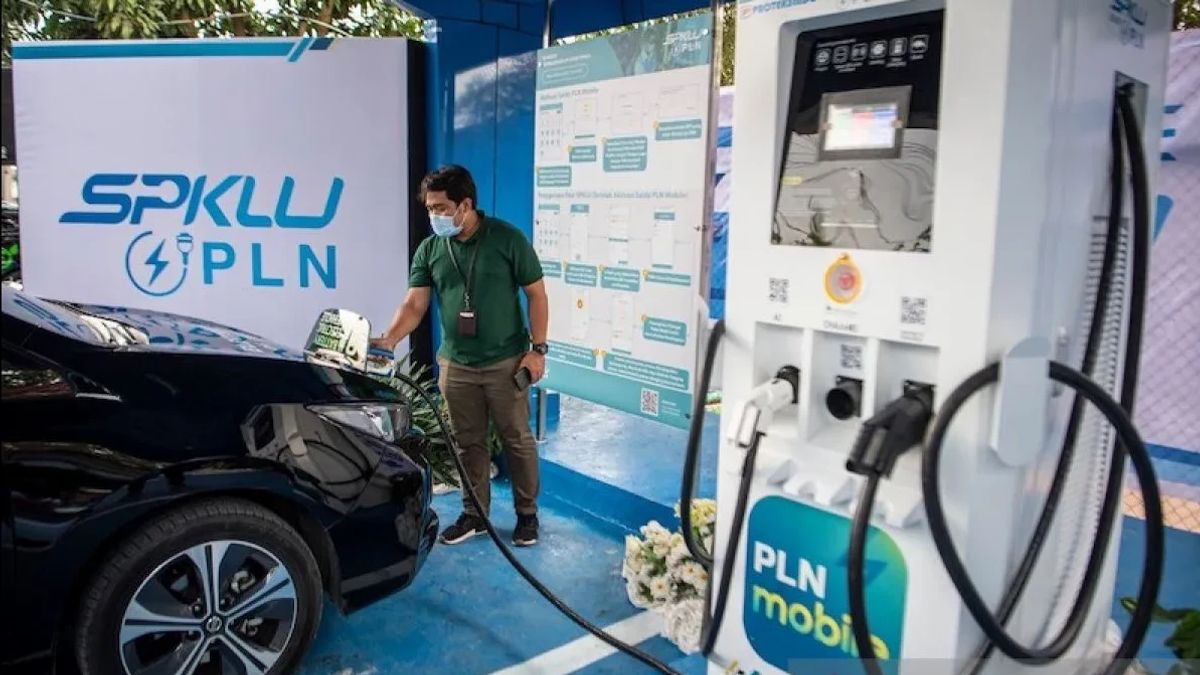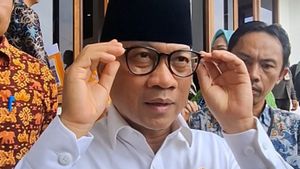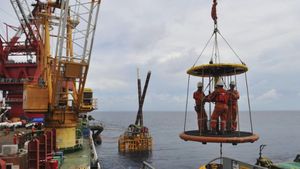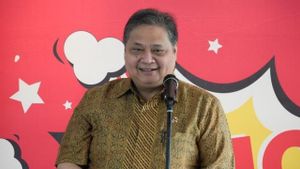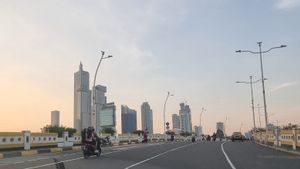JAKARTA - The government has built 846 Public Electric Vehicle Charging Stations (SPKLU) for 4-wheelers and 1,401 Public Electric Vehicle Battery Exchange Stations (SPBKLU) for 2-wheelers as a form of commitment in developing the electric vehicle (EV) ecosystem.
Secretary of the Coordinating Ministry for Economic Affairs Susiwijono Moegiarso said that the development of the EV ecosystem will support the transformation towards sustainable and environmentally friendly mobility. This is in line with Indonesia's commitment toNet Zero Emission and concrete plans to accelerate decarbonization.
"In order to meet the needs of users of electric vehicles as many as 17,282 units (four-wheelers) and as many as 40,312 units (two-wheelers), the Government continues to encourage ecosystem development by building 846 SPKLUs for-4 and 1,401 SPBKLUs for Wheel-2," said Sesmenko Susiwijono at the Investor Trust Seminar entitled Building an Electric Vehicle Battery Ecosystem in Jakarta, reported by ANTARA, Tuesday, August 29.
In addition, Indonesia is also pushing for an industrial transition to EV, so that it can become a production center for electric vehicles.
Sesmenko Susiwijono emphasized the importance of accelerating the electric vehicle ecosystem through real policies. The government itself has encouraged the acceleration of the electric vehicle ecosystem with the availability of electricity supply, charging station infrastructure, and platform integration plans.
In addition, strong cooperation is also needed from all parties, including the government, electricity and automotive companies, research institutions, and the general public, to unite in supporting the acceleration of the electric vehicle ecosystem.
This collaboration can be realized by building a wide charging infrastructure, encouraging better research, and developing technology, as well as providing incentives for consumers to switch to electric vehicles. That way, a sustainable future of mobility will be created.
"Regarding EV ecosthemini, the government has a very large commitment, in addition to harming severalLeaders's Declaration in ASEAN and so on. But for our own interests, both on the supply and demand side, the Government will commit to fully support the development of the EV ecosystem in the future," explained Sesmenko Susiwijono.
This is in line with the statement made by the President of the Republic of Indonesia, Joko Widodo, who said that Indonesia will become the largest EV producer in 2027. The large electric vehicle ecosystem will be built, integrating nickel with copper, to bauxite.
This integration will certainly allow the production of Electric Vehicle (EV) batteries, lithium batteries, reaching higher market value.
Currently electric vehicles have emerged as a promising solution to reduce air pollution and dependencies on fossil fuels.
With increasingly sophisticated batteries and growing charging infrastructure, electric vehicles certainly offer a variety of advantages, ranging from energy efficiency to exhaust emission reduction.
Through the transition to electric vehicles, the trace of carbon transportation can be significantly reduced. The problem of respiratory disease and air pollution is also resolved.
The development of electric vehicles also encourages the development of innovation in the technology and energy sector, such as the development of batteries to a faster and more efficient charging system.
In addition, new opportunities in the manufacturing, technology, and charging network industry will also be created, so that later it will be able to improve the regional economy and create new jobs.
The English, Chinese, Japanese, Arabic, and French versions are automatically generated by the AI. So there may still be inaccuracies in translating, please always see Indonesian as our main language. (system supported by DigitalSiber.id)
